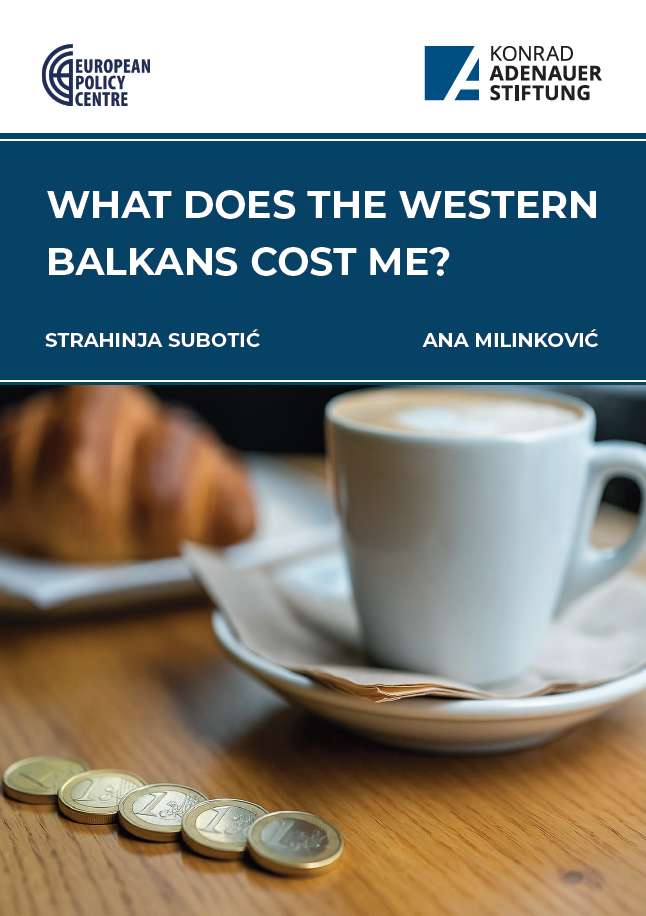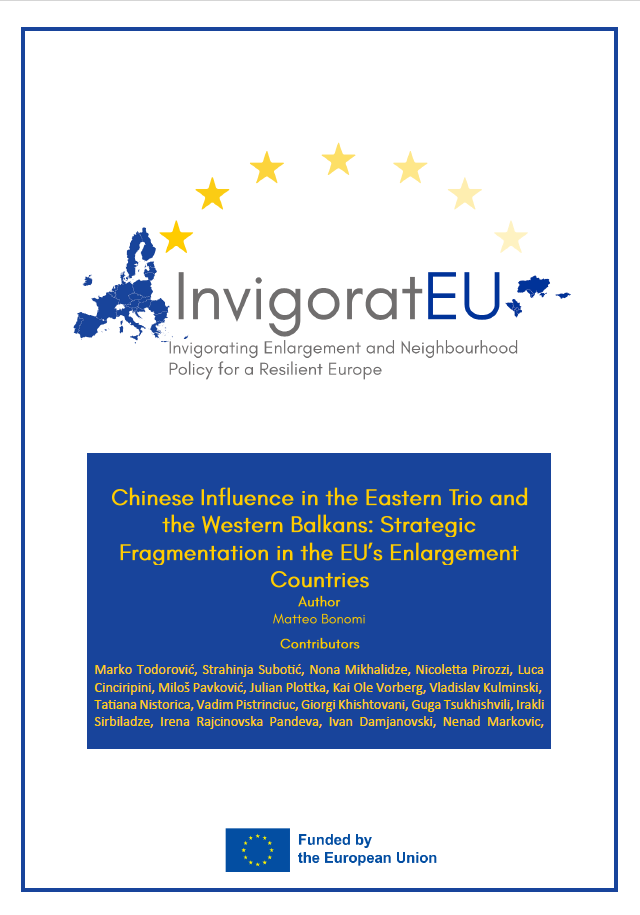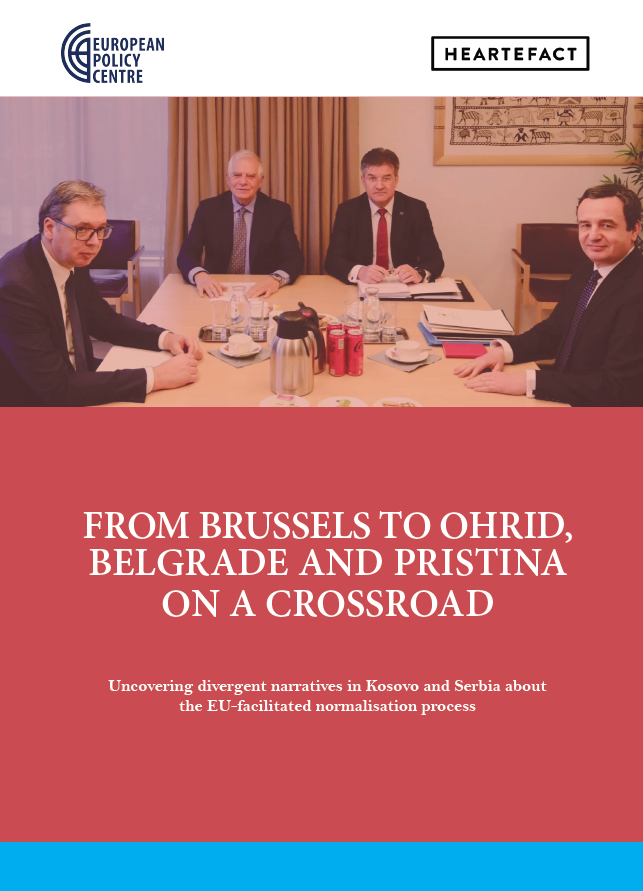Headquarters: Svetog Nauma 7, 11000
Office address: Đorđa Vajferta 13, 11000
Phone:: +381 11 4529 323
For the last two decades, Serbia has been engaged in the European integration process with the ultimate goal of becoming a full-fledged member of the EU. Yet, what has complicated Serbia’s path and made its stand out from the rest of the region is the fact that a part of its territory declared independence from it in 2008, representing an issue which essentially hijacked Serbia’s foreign policy and defined its relationships with global and regional actors. For this reason, Serbia’s willingness to attempt to balance between the East and the West is a phenomenon that has accompanied its path towards the EU. What has drawn concern is that this phenomenon has become more prevalent in recent years, particularly as the number of foreign actors with whom Serbia has intensified relations has increased, while its international relations at the global scale have become more complicated.


